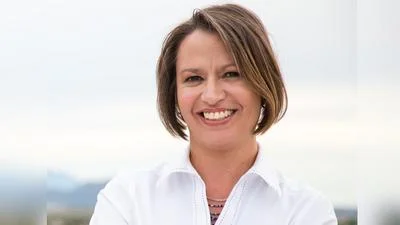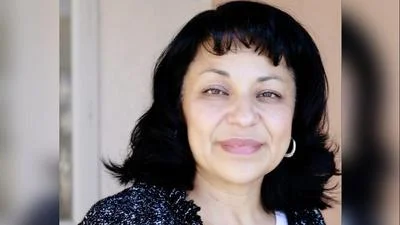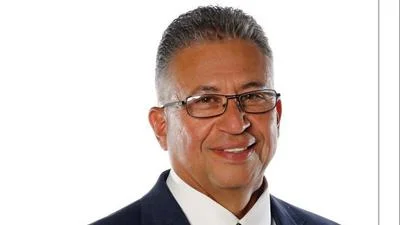The first overnight beds at the Gateway Center will fully open in April, along with some support services; the City of Albuquerque, which has called for complete transparency on funding for the project, said recently.
Currently, 50 people are benefiting from an emergency overnight shelter policy at the facility intended to provide resources for those who are homeless. People are allowed to stay overnight to escape the cold but must leave in the morning.
The City offered an update on several target dates for the beginning of full services, a release on the City's website said. Addiction recovery services should be available by the end of summer or early fall. Medical services and all other resources should be ready by the end of the year.
How much all this will cost remains a hot-button issue, a recent KOB 4 report said. City Councilor Renée Grout asked for a formal audit of spending for the facility. A preliminary spending report showed $36 million of the $80 million available is already spent.
“It’s a big chunk of change,” Grout said in the report. “I’ve been asking for some time just how much things are costing over there. It’s a big project, and it’s important to the mayor. We just need some transparency and accountability. I think it’s important.”
Grout wants an estimate on the total amount that leaders will spend to open the Gateway Center full-time and how much it will cost each year to run the facility.
“We need to have more answers, a clearer understanding,” she said. “It’s a huge project, and we just need to have the complete scope of it.”
The City acquired the Gibson Medical Center in April 2021 and renamed it the Gibson Health Hub. The City's Gateway project will add additional health resources for the community as well as centrally located emergency overnight beds and supportive services to connect people with the help they need on their pathway to acquiring housing.
Officially known as the Housing Navigation Program and Engagement Center, the facility will serve 200 single adult women-identifying individuals per year, with a goal of 90-day transitions; the City's website said. A medical sobering center will have 49 beds to provide medical care and addiction recovery services to 16,000 people a year.









